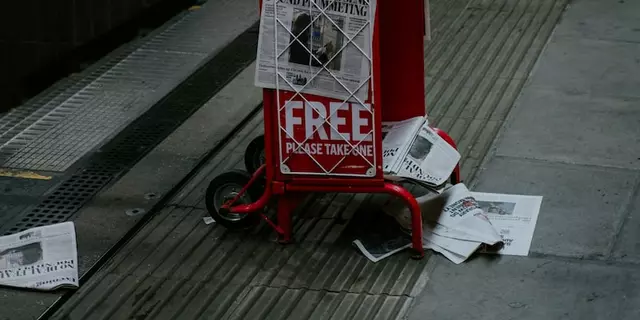Reading news online: how to spot truth, avoid bias and stay informed
Most readers skim headlines and share before they check. That habit spreads mistakes fast. If you want better information without wasting time, a few quick checks can make a huge difference. These are simple, practical steps you can use right now when you open an article or see a social post.
Quick checks before you trust a story
Start with the obvious: who wrote it and when? A missing author or no date is a red flag. Look for clear bylines, publication name, and a timestamp. Next, read past the headline — headlines are made to grab attention, not explain context. Does the body support the headline or twist facts to sound shocking?
Check the source’s reputation. Established outlets and recognized local newspapers usually have corrections and accountability. For India-specific claims, cross-check with at least one national outlet and one local or specialized source. Use fact-checking sites if a claim seems wild — in India, independent fact-checkers like Alt News and Factly often verify viral stories quickly.
Look for evidence. Reliable stories cite official reports, interviews, documents, or data. If a piece only quotes anonymous social posts or unnamed sources, treat it cautiously. Screenshots and forwarded messages can be edited. If numbers appear, ask: where did they come from? Official data, research papers, and press releases are easier to verify than random spreadsheets.
Daily habits to read smarter
Diversify your feed. Follow outlets across the political and regional spectrum so you don’t live in an echo chamber. Use a mix of quick updates (for breaking items) and long reads (for context). Set alerts or newsletters for topics you care about — it’s easier to follow complex stories that way than panic about each new headline.
Slow down on social platforms. If a post triggers a strong emotion, pause before reacting. Strong feelings are what misinformation aims for. When you want to share, ask yourself: does this add value or just fuel noise? If it’s the latter, don’t share.
Use tools to help. Browser extensions and apps can flag low-quality sites or highlight multiple perspectives. Bookmark a few reliable sources so you can quickly open them instead of relying on forwarded links. Consider subscribing to one good news outlet — paying readers often get fewer clickbait pieces and more verified reporting.
Finally, protect your time. Set a daily window for news and avoid continuous doomscrolling. Being informed doesn’t mean consuming every story; it means choosing the right stories and reading them well. A handful of trusted checks will keep you better informed and less stressed.
Want a short checklist? Author & date, source reputation, evidence cited, cross-check with another outlet, and pause before sharing. Use those five steps and you’ll notice the difference within a week.

In my quest to find the best source for reading Indian news online, I've discovered a few standout platforms. The Times of India, NDTV, and Hindustan Times lead the pack with comprehensive coverage spanning politics, business, entertainment, and sports. However, for those who prefer regional languages, Dainik Bhaskar and Eenadu are top choices. Additionally, for in-depth analyses and opinons, The Hindu is highly commended. So, depending on your language preference and the type of news coverage you're after, there's a variety of reliable sources to choose from.




